1. Airline Baggage Fees
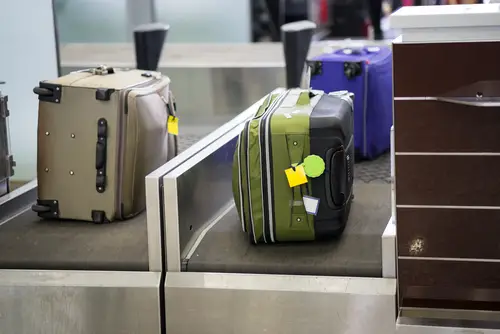
You think your flight ticket price covers everything, but most airlines now charge for checked bags. Even some carry-ons may get hit with a fee depending on the airline and fare class. This can turn a seemingly cheap ticket into a surprisingly expensive trip. Travelers often only notice the extra charges at the gate or during online check-in.
These fees exist because airlines know travelers want flexibility and convenience. Many people end up paying simply for a second bag or overweight luggage. Planning ahead and reading baggage policies can save money, but few passengers do it. The fees are designed to be subtle yet profitable.
2. Bank Account Maintenance Fees
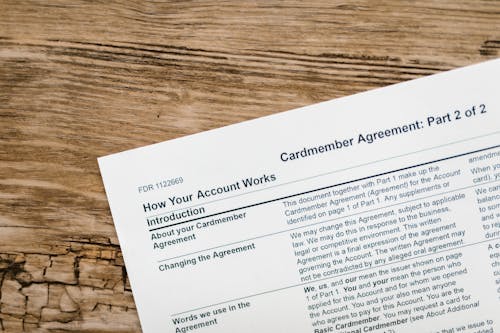
Many Americans get hit with monthly maintenance fees on their checking or savings accounts without even realizing it. Banks often charge these if your balance drops below a minimum amount, which can sneak up on you if you’re not keeping an eye. Sometimes they’re as small as $5, but over the course of a year, it adds up. It’s easy to miss because the fee often appears buried in your monthly statement.
These fees can feel like a penalty for just using your own money. Some banks waive them if you set up direct deposit or maintain a certain balance, but it requires proactive management. Not everyone knows these little workarounds exist. If ignored, they quietly drain hundreds of dollars annually.
3. ATM Fees
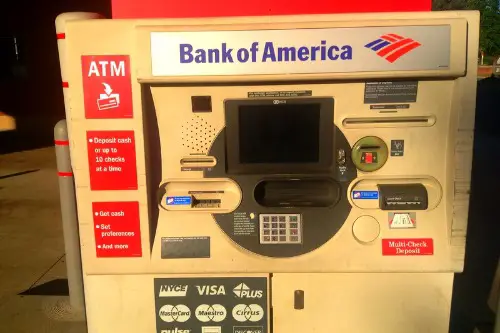
Using an out-of-network ATM may seem harmless, but it often comes with hidden costs. Your bank might charge a fee, and the ATM owner could add their own surcharge. People frequently assume they’re only getting charged by one side, not both. A quick withdrawal can cost several dollars without any warning.
This is especially common in tourist-heavy areas or when traveling abroad. Even if you’re careful, small fees add up over time. Some banks reimburse fees, but not all, so it’s easy to lose money. Avoiding out-of-network ATMs is a simple way to keep more cash in your pocket.
4. Subscription Auto-Renewals

Streaming services, apps, and online tools often auto-renew your subscription silently. You might have signed up for a free trial months ago and forgotten about it. When renewal hits, you get charged without a heads-up. This catches people off guard and slowly drains bank accounts.
Many assume canceling a trial will prevent all charges, but sometimes it doesn’t. The fine print often states you agreed to automatic renewal. It’s worth periodically checking your bank statements for recurring subscriptions. This hidden fee is more psychological than a one-time charge, making it easy to overlook.
5. Credit Card Late Fees

Missing a credit card payment even by one day can trigger a fee, which can be surprisingly steep. On top of the interest that already accrues, late fees can range from $25 to $40 per incident. Many people think a small delay won’t matter, but banks see it differently. It’s an easy trap for anyone juggling multiple bills.
These fees are also a way for banks to encourage timely payment without raising interest rates. People often underestimate how frequently they can be charged, especially if they’ve got multiple cards. Over a year, this can cost hundreds. Awareness and scheduling automatic payments can prevent this sneaky expense.
6. Hotel Resort Fees

When booking a hotel, the listed price rarely tells the full story. Many hotels tack on a resort fee for amenities like Wi-Fi, pools, or fitness centers. This fee can be $20–$50 per night, and it’s often non-negotiable. Travelers are usually only surprised when they see the final bill at checkout.
Hotels argue that it covers “extras,” but it’s really just a way to increase revenue quietly. Some travelers don’t even use the amenities yet still pay. Reading the fine print or asking about these fees upfront can save money. Ignoring them is a common way vacation budgets get stretched unexpectedly.
7. Ticketing or Convenience Fees
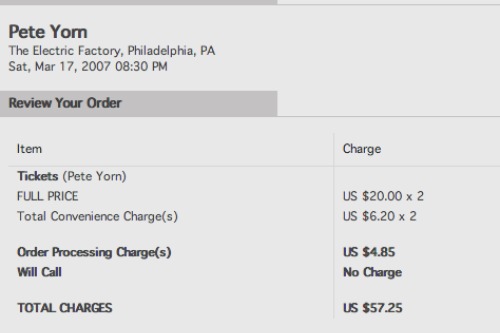
Buying event or concert tickets online often comes with hidden convenience fees. These fees can be $5–$15 per ticket, sometimes more, and they’re rarely included in the initial price. Many assume they’re paying only for admission. The fees are usually added at the final checkout stage, catching buyers off guard.
The companies argue it’s for handling electronic processing or delivery. In reality, it’s an easy way to generate extra revenue. Fans often accept the fees because they want guaranteed access. Over multiple events, these “small” charges add up quickly.
8. Mobile Phone Overages
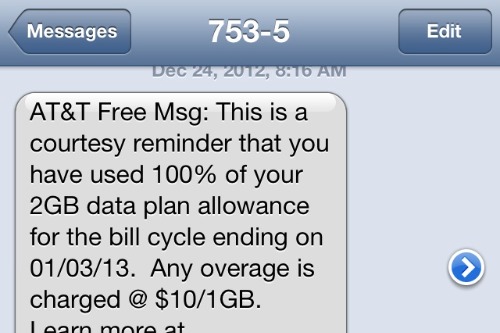
Even with “unlimited” plans, many carriers sneak in overage charges for data, texts, or calls. Hidden fees crop up when using roaming services or exceeding “fair use” thresholds. People often discover these charges on their monthly bill. It’s easy to assume you’re fully covered and miss the fine print.
Mobile companies know most customers won’t scrutinize the bill. The overage fees can be substantial if you aren’t monitoring usage. A small misstep like streaming video abroad could cost you $50–$100 or more. Staying aware and setting alerts can prevent this hidden cost.
9. Rental Car Add-Ons

Booking a rental car seems straightforward until you see the optional fees. GPS, extra drivers, insurance, and even fuel charges can inflate your total cost. Many travelers assume the quoted price is final, only to be surprised at the counter. These fees are designed to look optional but often feel mandatory.
Rental companies count on last-minute add-ons to boost profits. People usually feel compelled to pay to avoid inconvenience or liability. Over several days, these small charges can double the original rental rate. Checking for included insurance and declining extras you don’t need saves money.
10. Utility Paper Billing Fees
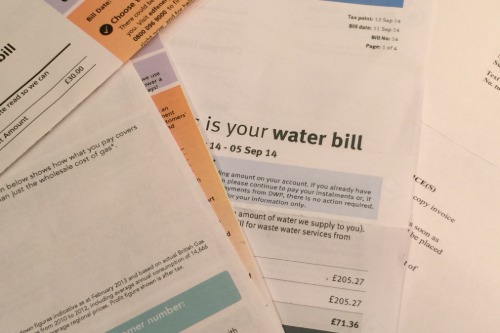
Some utility companies charge a fee for paper bills or mailed statements. It’s subtle, often $1–$3 per month, and easy to ignore. Customers who opt for paper bills might not realize they’re paying extra. Many assume billing costs are included in their monthly rate.
The fee encourages digital communication, but it quietly collects money from those less tech-savvy. People don’t think $2 a month matters, but over a year, it’s $24 unnecessarily. Switching to electronic statements is a simple fix. These tiny fees are surprisingly widespread.
11. Parking Fees on App-Based Services
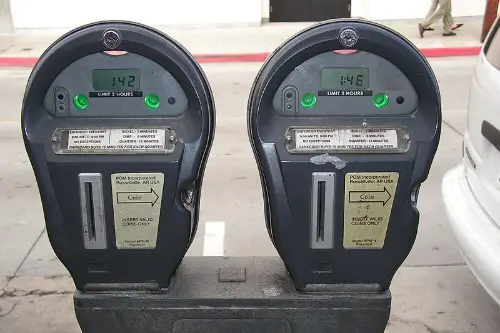
Even apps designed to make parking easy can sneak in hidden service fees. Some charge extra for credit card processing or premium location access. Drivers often notice these only after paying through the app. The base price might seem reasonable, but fees inflate the total.
These fees are easy to overlook because the apps make them appear as standard charges. Frequent parkers can spend significant sums without realizing it. Some cities now allow fee transparency, but it’s not universal. A little awareness goes a long way in avoiding these hidden charges.
12. Convenience Fees for Bill Payments

Paying bills online or by phone sometimes comes with “convenience fees.” These can be charged for anything from utilities to tuition payments. People often assume online payment is free or included. The fee appears at checkout and is rarely highlighted beforehand.
Companies argue it covers the cost of processing payments, but it’s another small way to generate revenue. Over time, these minor charges can add up to hundreds annually. Customers can sometimes avoid them by paying via bank transfer or direct debit. Awareness and planning can sidestep this subtle expense entirely.
This post 12 Everyday Things Americans Pay Hidden Fees For Without Realizing was first published on American Charm.


